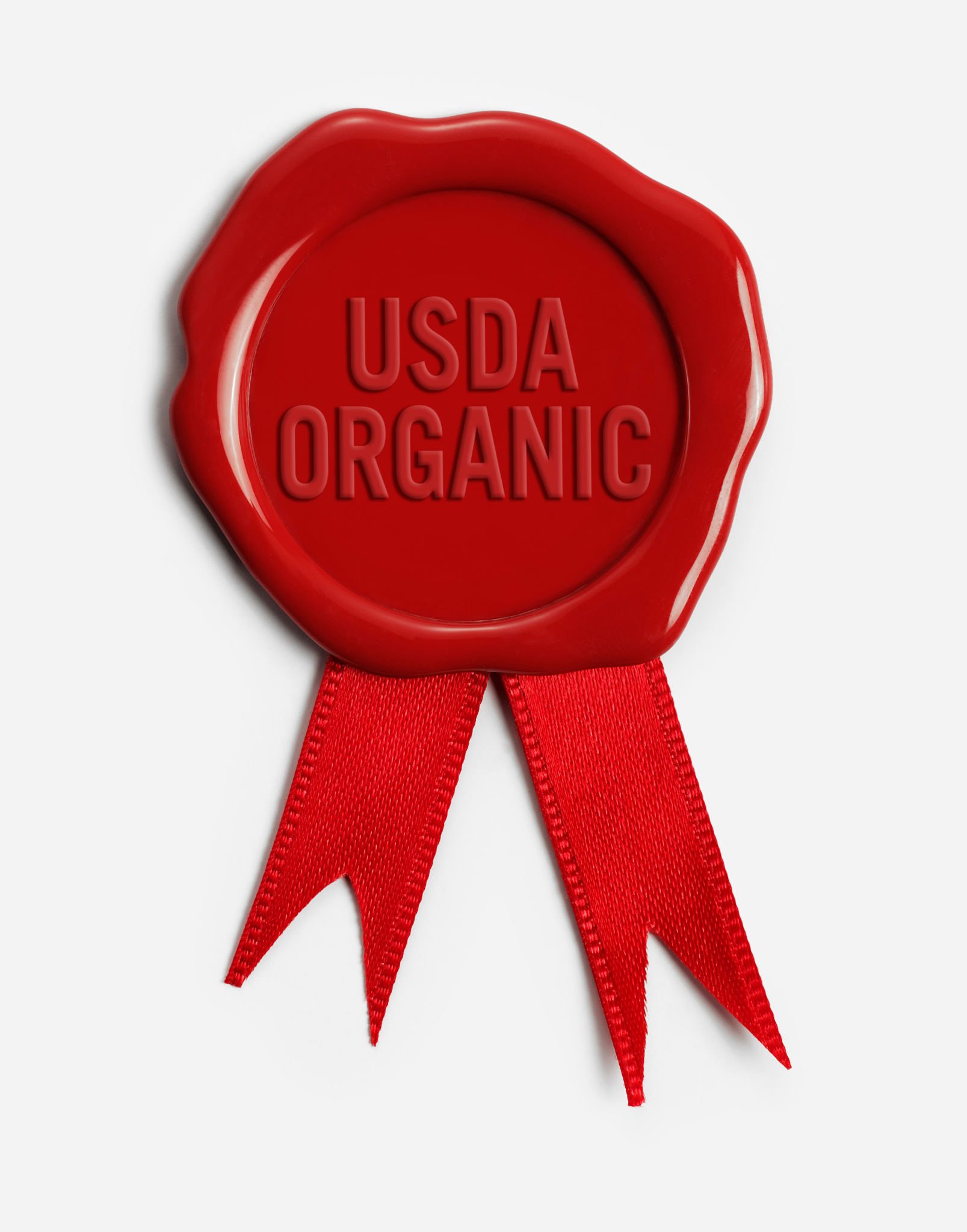Understanding FDA, USDA, and SQF Standards: A Beginner's Guide
Introduction to Food Safety Standards
In the world of food safety, understanding various regulatory and compliance standards is crucial for businesses and consumers alike. Among the most recognized are the FDA, USDA, and SQF standards. These guidelines help ensure that the food we consume is safe, nutritious, and properly labeled. This guide will help you understand these standards and their significance in the food industry.

Understanding FDA Standards
The Food and Drug Administration (FDA) is a federal agency responsible for protecting public health by ensuring the safety of food, pharmaceuticals, and cosmetics. FDA standards focus on several key areas:
- Food Safety: The FDA enforces regulations to prevent contamination and ensure the safety of food products.
- Nutritional Labeling: Proper labeling provides consumers with essential information about the nutritional content of their food.
- Food Additives: The agency regulates the use of additives to ensure they are safe for consumption.
By adhering to FDA standards, food manufacturers can avoid potential legal issues and maintain consumer trust.
Exploring USDA Standards
The United States Department of Agriculture (USDA) plays a pivotal role in regulating agriculture and food products. Unlike the FDA, which covers a broad range of products, USDA standards are mainly focused on agricultural goods. Key areas include:
- Meat and Poultry Inspection: The USDA ensures that meat and poultry products are safe, wholesome, and accurately labeled.
- Organic Certification: This certification guarantees that products meet specific organic farming and production standards.
- Food Safety Education: The USDA promotes food safety practices through education and outreach programs.

What is SQF Certification?
The Safe Quality Food (SQF) Program is a globally recognized food safety and quality certification. Unlike FDA and USDA standards, SQF is a voluntary program focused on providing independent certification that a supplier's food safety and quality management system complies with international and domestic food safety regulations. Key benefits include:
- Customer Assurance: SQF certification reassures customers about the safety and quality of their products.
- Market Access: Many retailers require SQF certification as a precondition for doing business.
- Risk Management: It helps in identifying and controlling potential risks within the supply chain.
The Importance of Compliance
Compliance with FDA, USDA, and SQF standards is not just about meeting legal requirements; it's about ensuring consumer safety and maintaining a positive brand reputation. Businesses that comply with these standards can reduce the risk of recalls, improve product quality, and build stronger relationships with consumers.

Challenges in Meeting Standards
While compliance is crucial, it also presents challenges. Staying updated with evolving regulations requires significant resources and constant vigilance. Businesses must invest in training, technology, and processes to ensure ongoing compliance. Moreover, different countries may have additional regulations, adding complexity for companies operating internationally.
Conclusion: Navigating Food Safety Standards
Navigating the landscape of food safety standards can be daunting for newcomers. However, understanding the roles of the FDA, USDA, and SQF can help businesses ensure they meet necessary requirements. By prioritizing compliance, companies can enhance their reputation, protect consumers, and contribute to a safer food supply chain.
